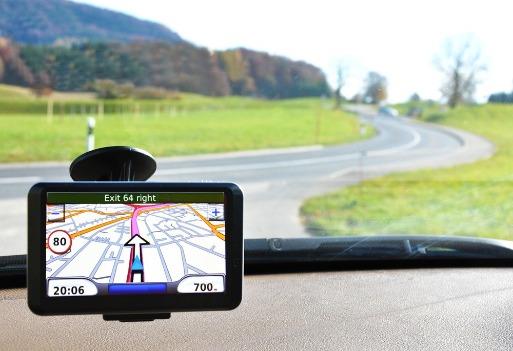Public persuasion: Emergence of driverless cars in Europe

At the beginning of December, the government announced that trials for driverless cars would begin in January 2015 across 4 UK cities. However, journalists believe that while the technology is pushing ahead, the public still need to be persuaded.
Google unveiled their first fully functioning driverless car two days before Christmas, announcing that it will be on the roads from this year. Volvo also unveiled it plans to put 100 driverless cars on the streets of Gothenburg, Sweden, in 2017 and Nissan has already tested its first Autonomous Drive system. With driverless cars no longer a science fiction concept, journalists raise some concerns about the rapidly developing new technology.
According to journalists we interviewed, driverless cars aren’t considered top of the priority list. Four in five journalists (80%) believe that car manufacturers should instead be focusing on crash avoidance technologies, while less than two in five (37%) agree that driverless cars should be the focus for the automotive sector in the next two to three years.

There are reservations among journalists that driverless cars (other than Google’s) will even be in a position to hit the roads in the near future. Only one in ten (10%) expect driverless cars to be launched within the next two years while around half (53%) believe that it will take more than five years. This lack of optimism appears to be unconnected to the technology itself, but rather to the wider issues in integrating the technology into society. These include the initial challenges of gaining public acceptance, providing appropriate infrastructure and finally, ironing out the legislative issues.
When prompted on the obstacles that driverless cars might face, the top mention by more than half of journalists (56%) is gaining public acceptance. ‘It’s been challenging enough for the public to accept electric propulsion so having cars that will drive themselves is a huge problem”. Communicating the benefits of the technology is an additional challenge, “there’s a reluctance to put their trust totally in autonomous technology and we need to play a part in making sure that people can understand that it isn’t driverless, it’s helping you when you want to be helped”. Though some journalists suggest it could be a short-lived challenge; “people are going to be distrustful of cars that drive themselves to begin with but they’ll get over that as soon as they start seeing them work”.
And even if public opinion could be swayed, half of journalists (49%) also cite their concerns with current infrastructure; “we can’t have driverless cars without a fabulously complex infrastructure which would involve the buying [in] of governments and would be an absolute colossal scale…without the infrastructure it can’t happen”. And the extent to which current infrastructure could be adapted to account for new driverless cars and mixed conditions on the roads is also highlighted among motoring journalists, “the ability of the infrastructure to work with the cars and talking to the existing cars on the road” and “the problem is…making sure that the road networks can cope with it as well”.
Legal issues are similarly high up on the list of obstacles driverless cars will face, in particular legislation (47%) and legal responsibility (41%). Some journalists note that the Vienna Convention would need to be overturned to even allow driverless cars on to the road network. The convention “states that a car has to have a person or whoever is in control of the car needs to be in control of the car and actually that is a problem, it is interpreted differently country to country, Germany is very strict on it, Switzerland isn’t, Sweden isn’t, so getting it Europe-wide and getting it actually to function [is the issue]”. Laws on accountability are also ambiguous at the moment according to journalists, “if you’re driving along and a driverless car drives into you where does the blame lie - with the owner of the car or the manufacturer of the car?”
Ultimately, until the public can be reassured of the benefits and the safety of this new technology, motoring journalists believe that driverless cars will remain parked for the foreseeable future.
Ipsos's Survey of Motoring Journalists runs annually in the autumn. We interviewed 70 motoring journalists between 6 October and 11 November 2014. Interviews were conducted face to face.



